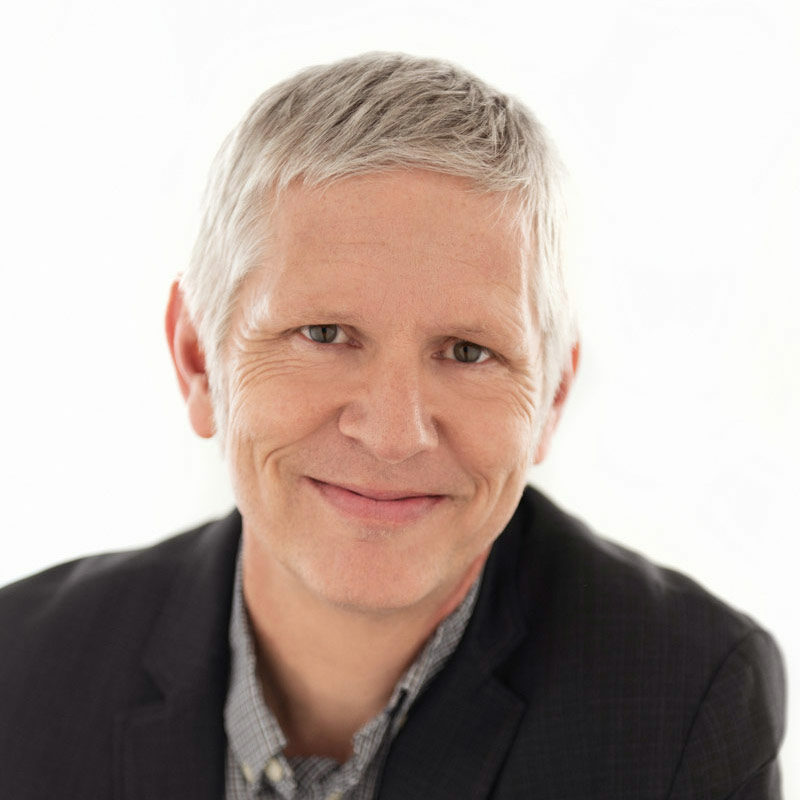Pianist Ludovico Einaudi, a scion of one of the most famous families in Italy, is a major figure in international instrumental music. When he arrives in Milwaukee this weekend for a performance at the Marcus Center it will be a big coup for lovers of instrumental music.
Milwaukee is one of just six cities hosting Einaudi performances on the tour, which also stops in New York, Denver, Seattle, San Francisco and Los Angeles.
Although his grandfather was Italy's second president and his father founded one of the country's biggest publishing houses, Einaudi chose the path of music and it has led him to great success.
His music has appeared in television shows and films and he is acclaimed -- and tours -- internationally. Even the NBA has drawn on his oeuvre, which he paints with piano Minimalism and highlights with ambient electronics, strings and percussion.
Einaudi, who studied with respected composer Luciano Berio, is no snob and his music is explorational and wide-ranging. The compositions on his latest record, "Nightbook," for example, conjure everything from Erik Satie to Sigur Ros.
We talked to Einaudi last week about "Nightbook," and about his solo acoustic piano concert, Saturday, Oct. 16 at the Marcus Center at 7:30 p.m.
OnMilwaukee.com: I heard someone describe your music as "post everything." Is it liberating for a musician to sense that there are no limitations to where their music can go?
Ludovico Einaudi: I think its a very interesting subject to discuss because its very difficult to establish your freedom as an artist. When you are recognized for something you have done, it seems impossible to change. It's a bit sad to say but to me it seems that nowadays everything has to be labeled and identifiable to have its space in this world.
But I'm attracted by those artists that had the courage to explore unexpected worlds and to establish new perspectives.
OMC: Do you think that -- outside the world of film and the world of devoted instrumental music fans -- there is a lack of appreciation of modern instrumental music?
LE: I think, and I see when it happens sometimes through a film, that instrumental music has a very big potential, even bigger than the (music) that has words because it gives you the freedom of more interpretations.
OMC: Do you consciously think about ways to bring new audiences to your music or do you simply create your art and trust that listeners will come to it?
LE: I like to be in touch with a young audience but I don't plan it when I compose. These considerations come when I choose the type of venues and festivals or, for example, if it's possible I prefer to not have very expensive tickets, to allow different kinds of people to come to my concerts.
OMC: Can you talk a little about the inspiration -- musical and otherwise -- behind "Nightbook"?
LE: "Nightbook" -- its the mysterious side, the dreams and desires zone. I started to think about it after a concert I played in a big industrial space, a hangar, that hosts an incredible installation by German artist Anselm Kiefer, the "Seven Heavenly Palaces." Playing in that space inspired (in) me a new color and an apocalyptic light that is in "Nightbook."
OMC: When you come to Milwaukee, will you perform "Nightbook" in its entirety or will the programme feature of works from throughout your career?
LE: I will perform a selection of music starting from "Nightbook" and going backwards in my repertoire.
OMC: When you arrive in Milwaukee, for a brief moment in time, the city will host two members of famous Italian publishing families. A member of the Mondadori family is a professor at the university here.
LE: Great, I hope he will come to the concert.
Born in Brooklyn, N.Y., where he lived until he was 17, Bobby received his BA-Mass Communications from UWM in 1989 and has lived in Walker's Point, Bay View, Enderis Park, South Milwaukee and on the East Side.
He has published three non-fiction books in Italy – including one about an event in Milwaukee history, which was published in the U.S. in autumn 2010. Four more books, all about Milwaukee, have been published by The History Press.
With his most recent band, The Yell Leaders, Bobby released four LPs and had a songs featured in episodes of TV's "Party of Five" and "Dawson's Creek," and films in Japan, South America and the U.S. The Yell Leaders were named the best unsigned band in their region by VH-1 as part of its Rock Across America 1998 Tour. Most recently, the band contributed tracks to a UK vinyl/CD tribute to the Redskins and collaborated on a track with Italian novelist Enrico Remmert.
He's produced three installments of the "OMCD" series of local music compilations for OnMilwaukee.com and in 2007 produced a CD of Italian music and poetry.
In 2005, he was awarded the City of Asti's (Italy) Journalism Prize for his work focusing on that area. He has also won awards from the Milwaukee Press Club.
He has be heard on 88Nine Radio Milwaukee talking about his "Urban Spelunking" series of stories, in that station's most popular podcast.



